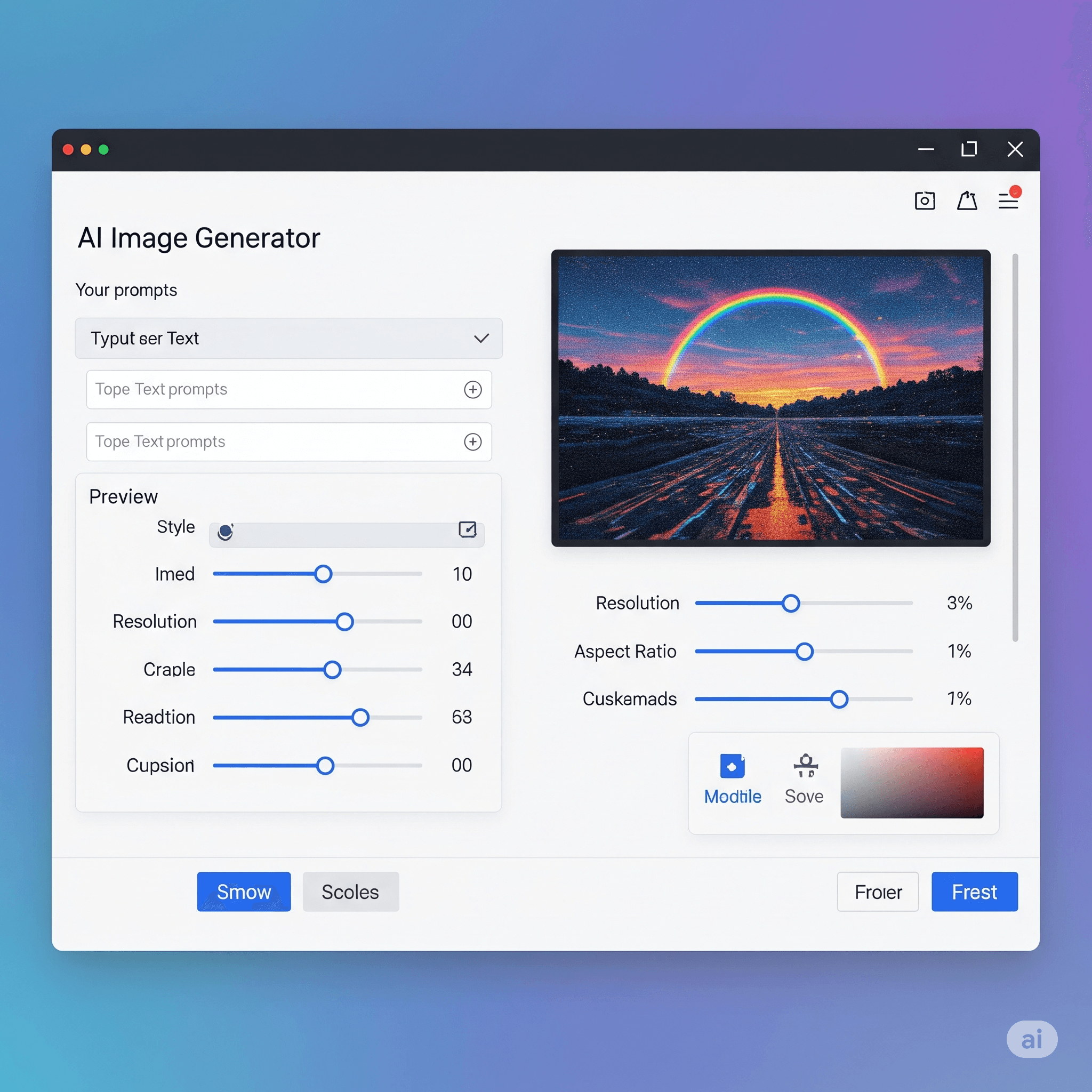Question: 1 Byte =?
Answer:
1 Byte is equal to 8 bits.
In computing, a byte is a unit of digital information that typically consists of 8 bits. Each bit can represent a binary value of either 0 or 1. By combining 8 bits together, we can represent a total of 256 different values (2^8 = 256).
Bytes are commonly used to measure the size or capacity of storage devices, file sizes, and data transmission rates. They provide a convenient way to represent and manipulate data in binary form.
It's worth noting that the byte is the fundamental unit of storage in most computer systems, and many data types and operations in programming languages are based on bytes. For example, a character in ASCII encoding typically requires 1 byte, and an integer may be represented by 2 or 4 bytes, depending on the specific data type and system architecture.
MCQ: 1 Byte =?
Explanation:
1 Byte is equal to 8 bits.
In computing, a byte is a unit of digital information that typically consists of 8 bits. Each bit can represent a binary value of either 0 or 1. By combining 8 bits together, we can represent a total of 256 different values (2^8 = 256).
Bytes are commonly used to measure the size or capacity of storage devices, file sizes, and data transmission rates. They provide a convenient way to represent and manipulate data in binary form.
It's worth noting that the byte is the fundamental unit of storage in most computer systems, and many data types and operations in programming languages are based on bytes. For example, a character in ASCII encoding typically requires 1 byte, and an integer may be represented by 2 or 4 bytes, depending on the specific data type and system architecture.
Discuss a Question
Related Questions
- 1. SMPS stands for
- 2. The device used to carry digital data on analogue lines is called as
- 3. VDU is also called
- 4. BIOS stands for
- 5. Father of “C‘ programming language
- 6. The instructions that tell a computer how to carry out the processing tasks are referred
- 7. An area of a computer that temporarily holds data waiting to be processed is……….
- 8. ……….. is the key to close a selected drop -down list; cancel a command and close a dialog box
- 9. ………. is the key we use to run the selected command.
- 10. …………. Is the functional key to display save-as box.
You may be interested in:
Computer Basics MCQs






